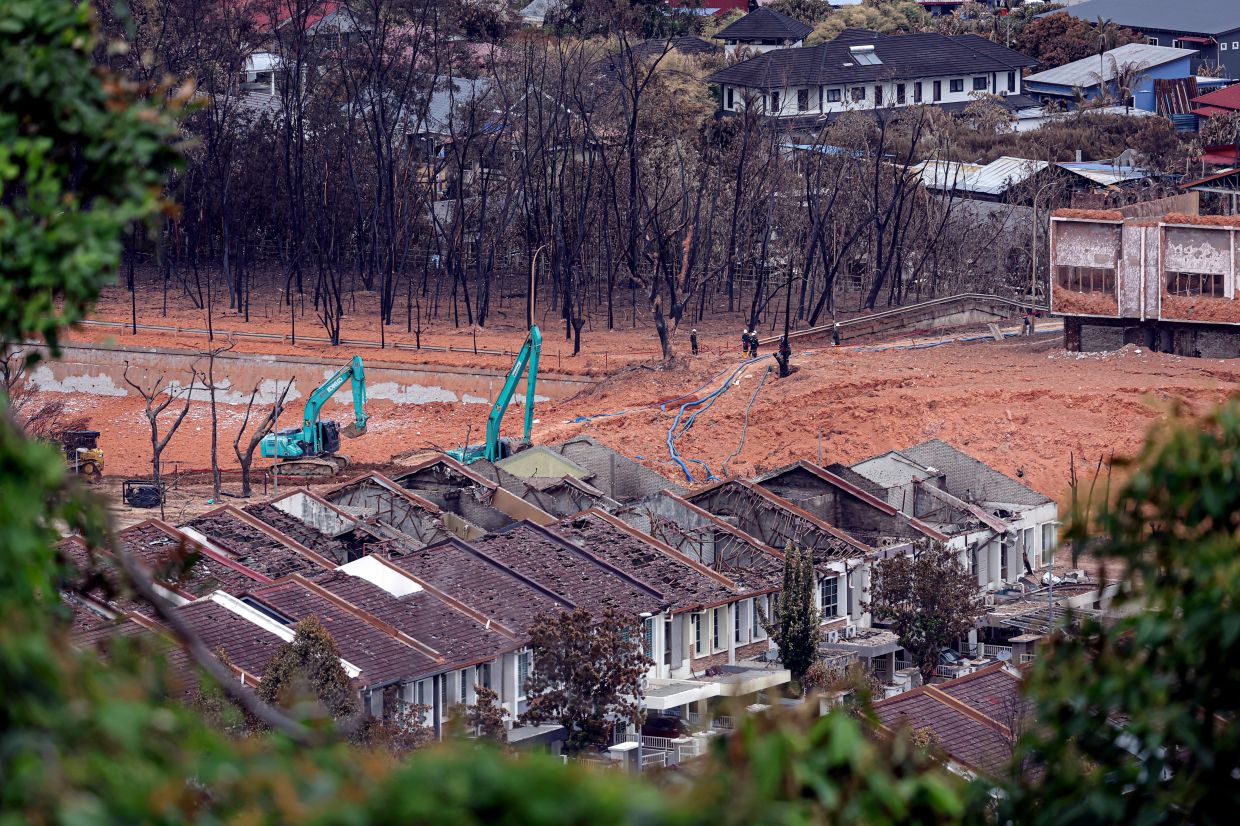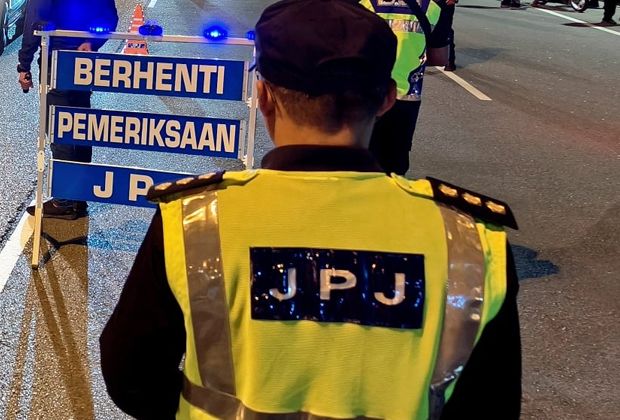PETALING JAYA: The practice of establishing an Ombudsman to investigate public complaints against maladministration is not something new in the South-East Asia region, with the Philippines, Thailand and Indonesia already having such offices.
In the Philippines, the Ombudsman investigates and prosecutes any act or omission of public authorities that appears to be illegal, unjust, improper, or inefficient, either on its own or based on complaints from the public.
One of its other responsibilities is to direct any government employee or officer, as well as any agency managed by the government, to expedite an act or duty in accordance with the law, or to stop, prevent, and fix any abuse of power.
Government agencies can also be asked for assistance and information in carrying out their duties, as well as to inspect relevant records and documents as necessary.
The causes of inefficiency, red tape, mismanagement, fraud, and corruption in the government will also be determined by the Ombudsman, who will also make recommendations to ensure high standards of ethics and efficiency are observed.
In cases where relevant state agencies do not implement the recommendation of an Ombudsman without reasonable justification, the Ombudsman shall notify the Council of Ministers to further consider the issuance of an order as deemed appropriate.
Yesterday, Minister in the Prime Minister’s Department (Law and Institutional Reform) Datuk Seri Azalina Othman Said said Malaysia would table a Bill to set up the Office of the Ombudsman when Parliament meets in October, adding that 115 out of 195 countries already had such an institution.









































